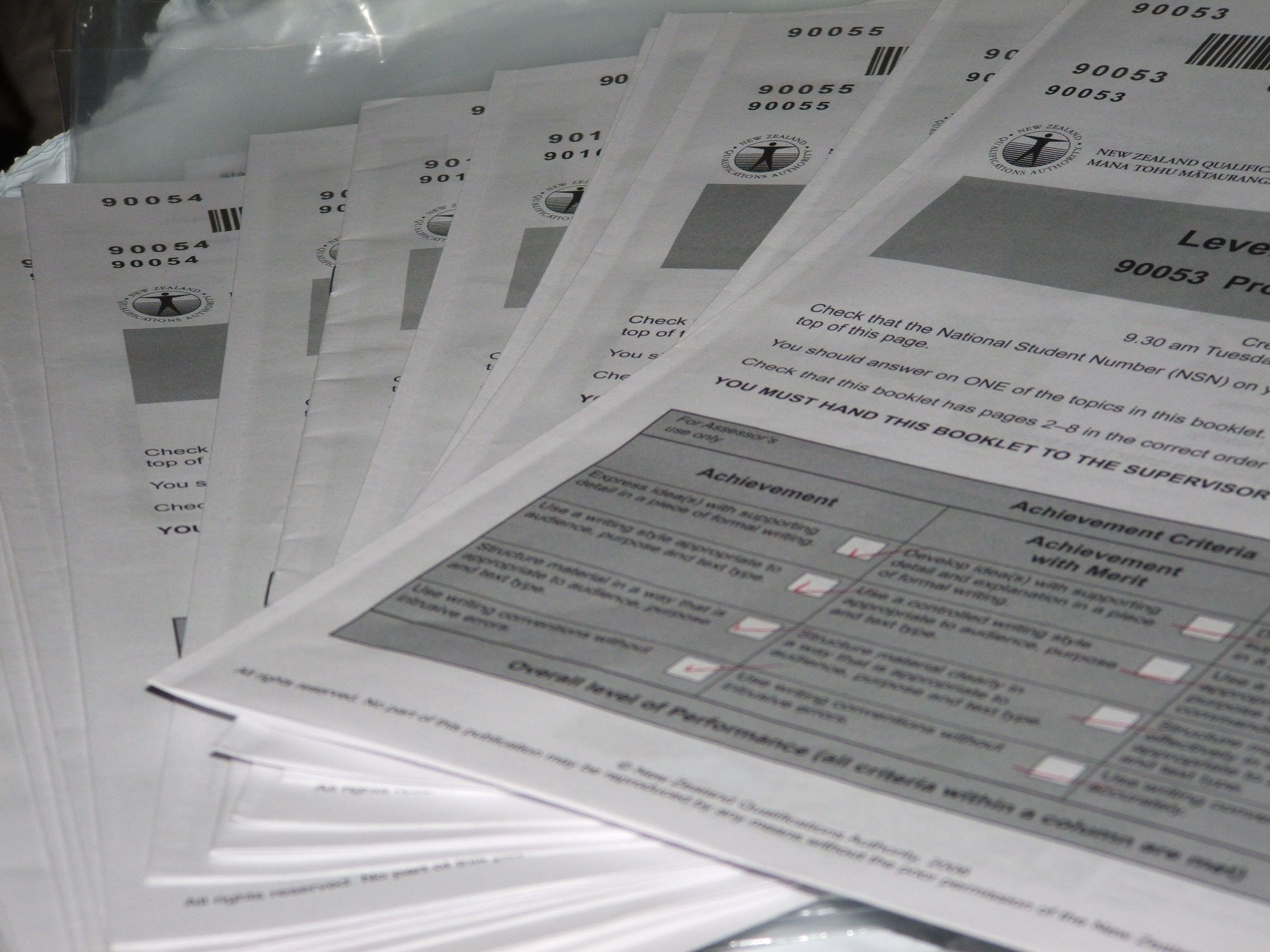First introduced in Fall 2018 by the Provost’s Office, mid-semester progress reports now require faculty to fill out information about students’ academic progress. These reports are compiled to show which students may require extra help to satisfy their contracts. Faculty are required to write reports about enrolled first years, second years and students on probation. However, most students are unaware about the new data collected about them.
Written narrative evaluations at the end of the semester have been the only feedback given to students since the 1960s. Last semester, the Provost office began requiring mid-semester progress reports from faculty on students. The reports were initially intended for first-year students only but were expanded to second years and students on probation this fall to continue tracking those who may need more active support. The reports ask faculty to write about students attendance, completion of homework and ratings of concern for students class performance.
“They are brief surveys with check-boxes for either “no concern” or various concerns and a space if a professor wants to add a comment,” Associate Provost Suzanne Sherman said in a follow-up email interview.
Most students are unaware about the reports themselves but are contacted by their advisors if their professors write a concerning report. Faculty responses go back to the Provost Office and are then shared with academic advisors. The reports themselves are not shared with students, but Sherman said this is to prevent any unnecessary stress or worry on students.
“The reports aim to engage students to build strong relationships with advisors and faculty in general, since they can offer valuable guidance,” Sherman said. “Some students seldom approach or reach out to advisors due to lack of understanding of how they can help. Students always have access to on-campus support systems, but some students may not know what is available, or may be reluctant to advocate for themselves.”
When the reports are submitted to advisors, they check for any marks of concern and if a student is perceived to be struggling the advisor meets with them to figure out what’s causing that concern. Advisors help students determine what Area of Concentration (AOC) they may be interested in, how to renegotiate contracts, offer personal tips and strategies and how to look for on campus resources, such as the Writing Resource Center (WRC) and Center of Engagement and Opportunity (CEO) to further assist their learning.
Mid-semester progress reports are also intended to increase New College’s retention rate. For incoming first years in 2018, the overall retention rate was 85 percent, which increased from 2017, when first year retention rate was 76 percent. However, the impact of mid-semester reports is unknown.
Both Professor of Biology and Environmental Studies Emily Saarinen and Professor of Theater and Performance Studies Diego Villada are open to the goals of the reports.
“I think the mid-semester reports are a way to help see if students are struggling earlier in the term, then we can offer additional support if needed,” Saarinen said in an email interview. “Faculty were given a chance to provide feedback on earlier versions of the form (which we use online via the SES) and this version is now quite easy to use.”
Villada also commented on the easy use of reports.
“It takes me very little time [to complete],” Villada said. “Everybody on campus is here to work on student success and [to help] students be successful.”
Villada also thinks the reports are another way administration can check in on the students. “The sooner that the administration orders the support services and identifies someone who is struggling a little bit, the better.”
The Provost Office plans to slowly expand the reports to have information from all students. Although these reports are to initiate help, students should not be afraid to reach out to advisors and professors. Sherman is happy to assist students and holds office hours every Thursday from 3:00 to 5:00 p.m. at her office in Cook Hall.

